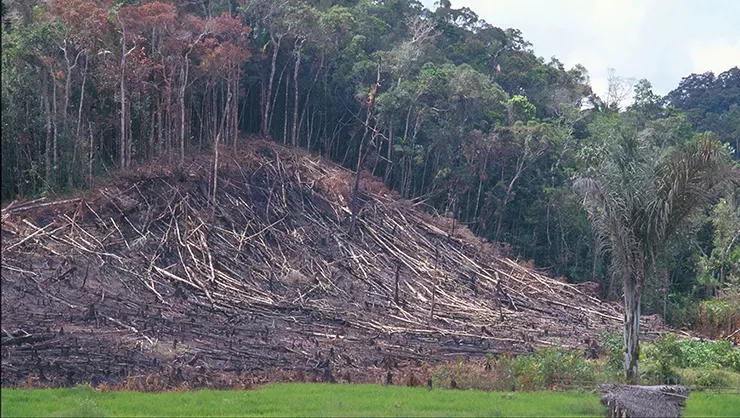KS3 Mars mission
Challenge overview
Pupils will create a poster with their reasons for or against bringing fungi on a mission to Mars, identifying at least one species of fungus that could be useful to bring to Mars, and one that should stay on Earth.
Could fungi be a useful addition to a Mars mission? Are there any reasons not to bring fungi to Mars?
Learning outcomes
-
Understand what fungi are and why they are important
-
Recognise that some of the requirements of plants for life are provided by fungi
-
Describe a variety of ways that human beings use fungi
-
Recognise some of the threats fungi pose to plants and animals, including humans
Key vocabulary
Fungi, resource, biodiversity, environment, colonisation, Mars, ecosystem service, food, products, medicine, disease, pathogen
Background information
In the future there may be human settlements on Mars. This will be a challenging process. How will the settlers be able to grow food, make products, heal illnesses and injuries? There will be limited capacity for bringing supplies from Earth. Decisions will have to be made about what can initially be brought from Earth in order to make the colonisation successful.
Should fungi be included in the initial colonisation?
Did you know?
Fungi have been on Earth for around 1 billion years. Homo sapiens have only been around for about 200, 000 years!
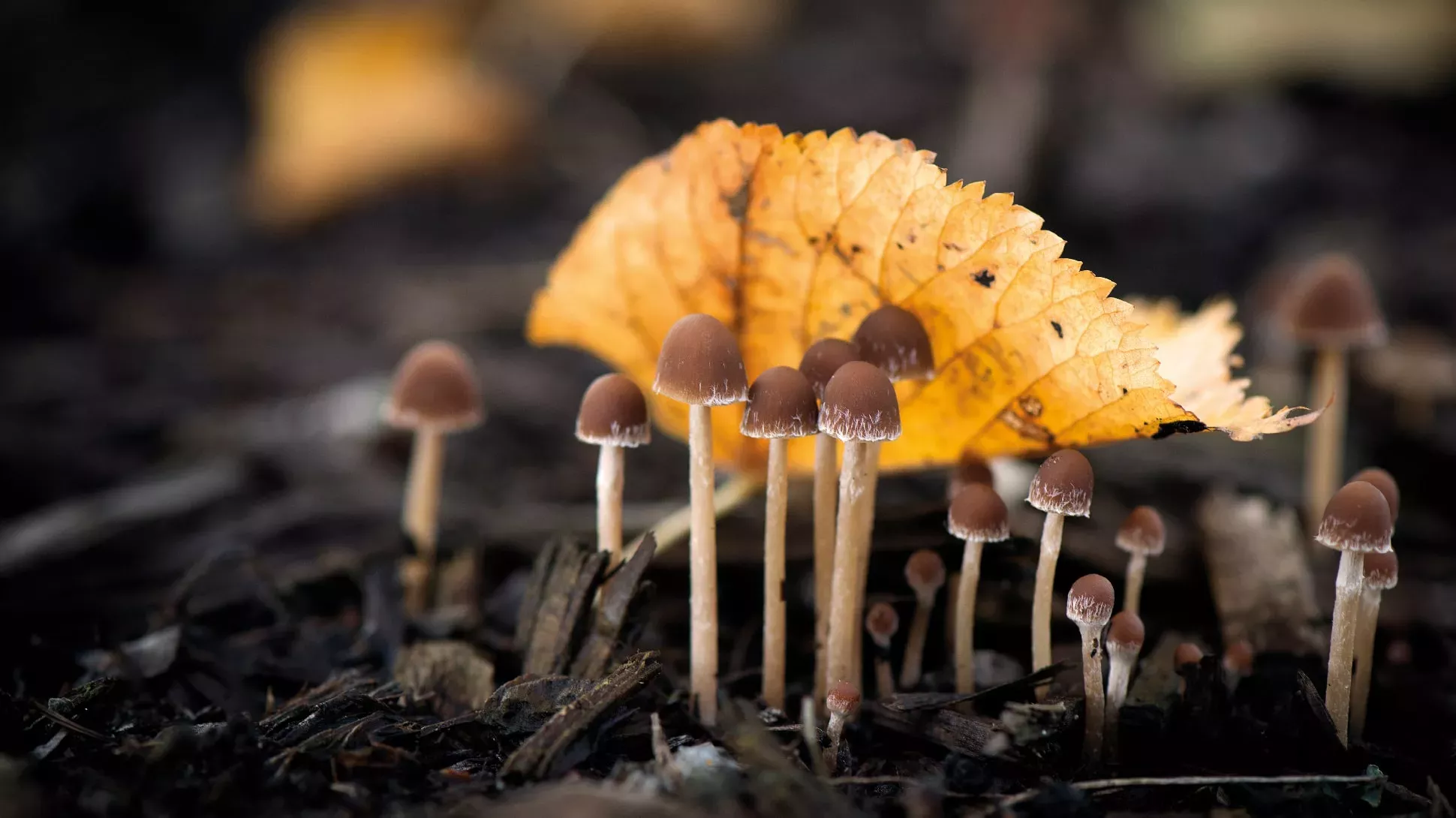
Wow fact
Otzi is a 5300-year-old Iceman who was discovered frozen in the Italian Alps. He was carrying two types of fungus with him; a birch polypore and a hoof fungus. Mycologists (fungi scientists) think one was used for lighting fires and the other has medicinal properties.
Curriculum links
Biology
Inheritance, chromosomes, DNA and genes
- Changes in the environment may leave individuals within a species, and some entire species, less well adapted to compete successfully and reproduce, which in turn may lead to extinction
- The importance of maintaining biodiversity and the use of gene banks to preserve hereditary material
Chemistry
Earth and atmosphere
- Earth as a source of limited resources and the efficacy of recycling
Physics
Space physics
- The seasons and the Earth’s tilt, day length at different times of year, in different hemispheres
- The light year as a unit of astronomical distance
How to run the challenge
Part 1: Challenge preparation (1 hour)
We recommend this is completed in class with the teacher.
-
Introduce the challenge to your class by playing the short clip in the overview. All of the other tools needed for the challenge are in the 'Resources' section below
-
Use the thinking card to check pupils’ prior knowledge and misconceptions of the topic
-
Play the Mars mission ‘Watch and learn’ video with your class
-
Invite pupils to sort fungi into “harmful” or “useful” categories with the card sort activity
-
Print out the What are fungi? infographic for your pupils to read, or display on the whiteboard as a whole class approach
-
Print out the Pupil’s Research Template resource for your pupils to use during the challenge
-
Assess your pupils' learning with the quiz
Part 2: The challenge (1-2 hours)
Pupils can complete the challenge alone or in groups, and either in class or as a homework activity.
Kew’s Endeavour challenges are open-ended to encourage pupils to design and carry out their own investigations. For KS3 Mars mission, pupils must create a poster with their reasons for or against bringing fungi on a mission to Mars, identifying at least one species of fungi that could be useful to bring to Mars, and one that should stay on Earth.
Pupils will need to research:
-
What are fungi?
-
Would fungi survive on Mars?
-
What useful properties do fungi have?
-
Why would we bring fungi over other items?
-
Are there any negative qualities of fungi?
-
Mars colonisation – why might we need to colonise another planet in the future?
Resources
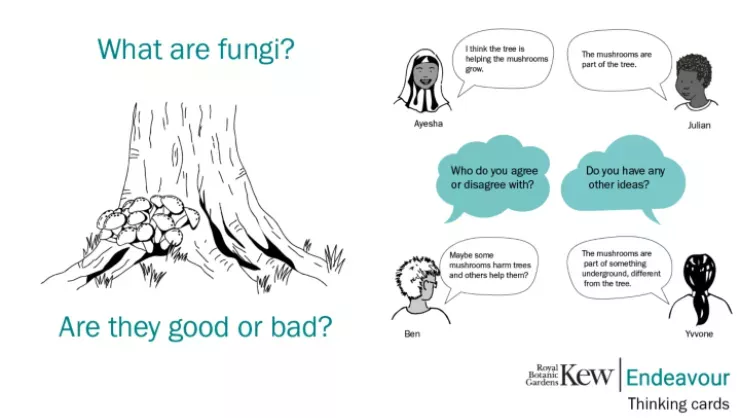
KS3 Mars mission watch and learn
Introduce your pupils to fungi with this ‘Watch and learn’ video.
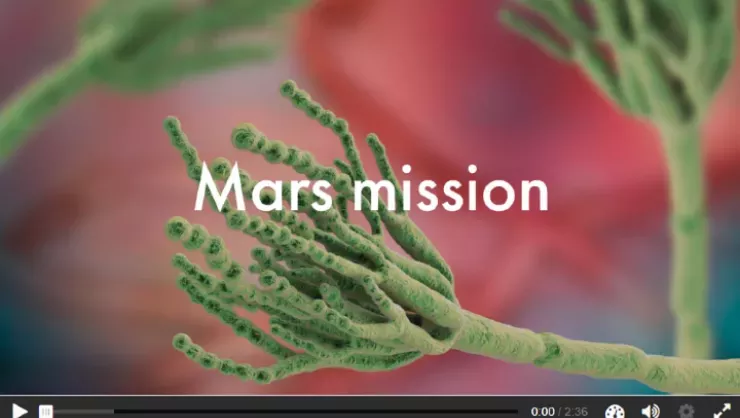
KS3 Mars mission useful and harmful fungi card sort
Invite pupils to learn more about harmful and useful fungi with this card sort activity.
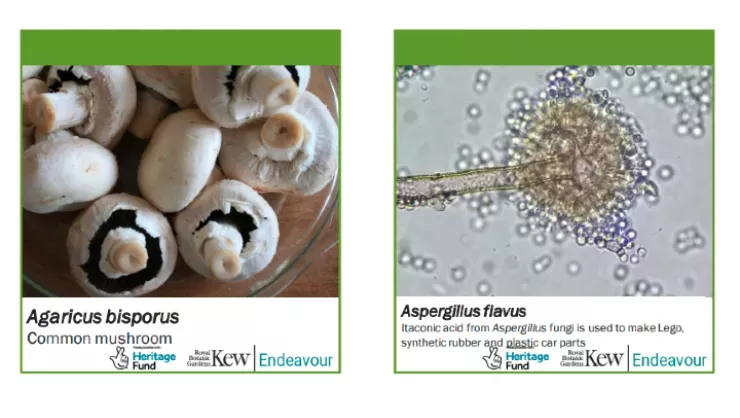
KS3 Mars mission what are fungi?
Invite your pupils to discover facts about fungi with this infographic.
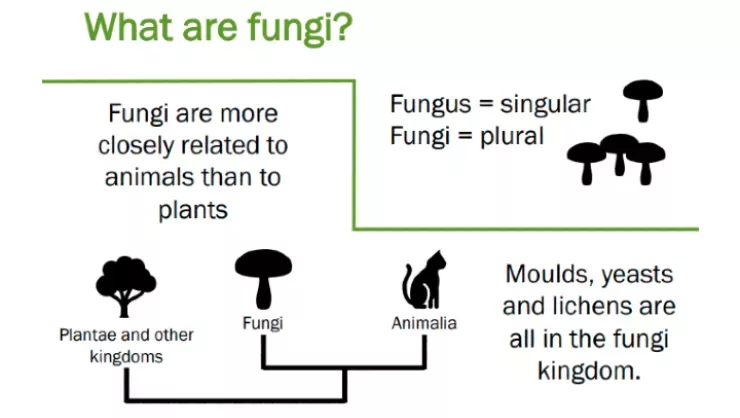
KS3 Mars mission pupil research template
Help pupils record their findings with this template.
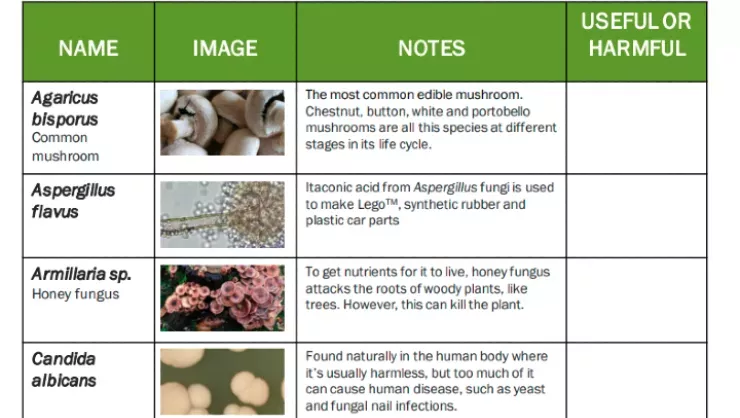
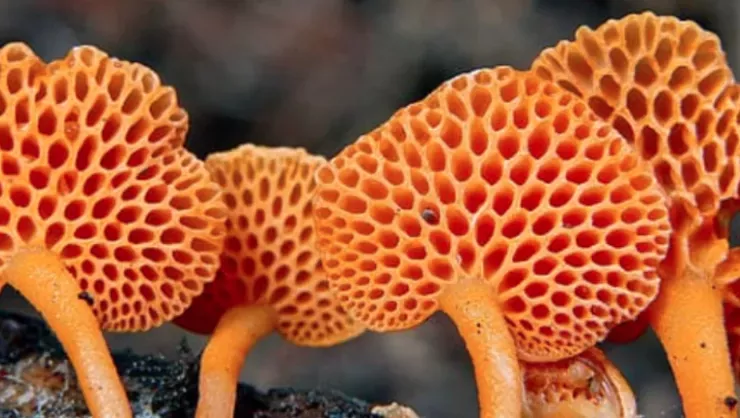
Career skills
Endeavour promotes the acquisition of Science Capital, helping your pupils to have a better understanding of science and its relevance in their lives. By taking this challenge your pupils will be using the skills of a space biologist.
What does a space biologist do?
A space biologist works to understand how spaceflight affects living things and helps to prepare for human space exploration missions in the future. They conduct experiments to see how living organisms grow, reproduce, develop and protect themselves from diseases in space conditions.
Skills:
-
Observation - looking at things carefully
-
Attentiveness - able to pay attention to detail
-
Researching - finding relevant information
-
Problem solving - able to find solutions to issues
-
Classifying - arranging, ordering and grouping things
-
Questioning - identifying areas that can be studied or tested
-
Inferring - making informed guesses
-
Communication - written and verbal
Useful links
Fungi
Kew
- 11 fungi facts
- Hidden world of fungi
- State of the World’s Fungi (this is not suited for KS1 readers and is for your knowledge and understanding of the topic)
Ted talk - 9 ways fungi could drastically improve the world
Fungi perfecti - Using fungi to clean up fuel spills
Fungi in space
Space - Fungi survive on space station
New scientist - Lichen survive in space
National geographic - How astronauts prepare for a Mars mission
Mars one
Looking for another challenge to do with your class?
KS3 Battlefield botany
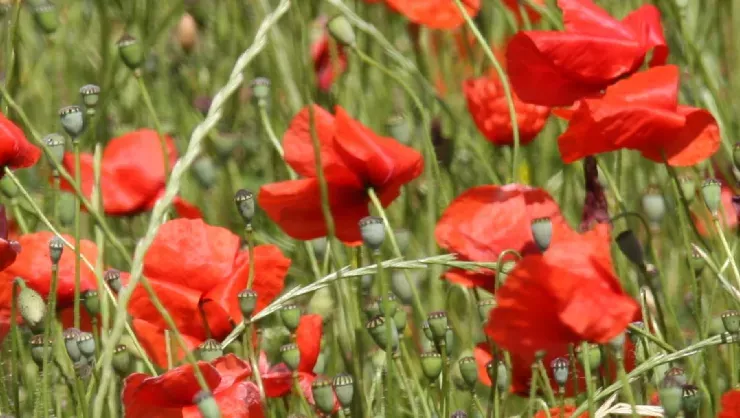
KS3 Super seeds and funky flowers
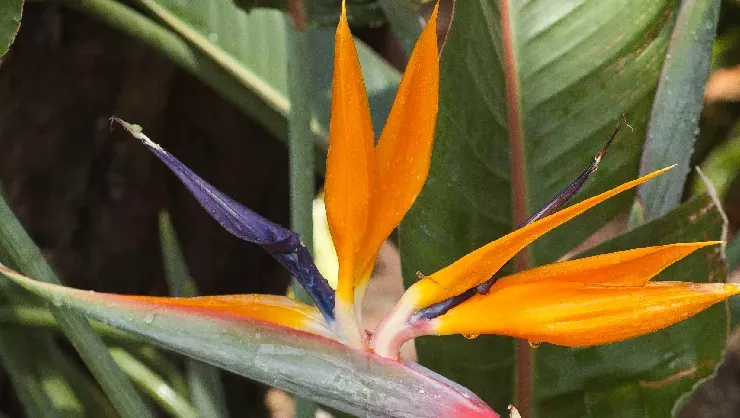
KS3 KewTube
